With the Village Girls of Himachal Pradesh, Contemplating Independence and Patriarchy
The government guesthouse in Chindi village in Himachal Pradesh was located on the brow of a hill. Below the guesthouse and further ahead and behind it, the village sprawled.
After being checked in by dour caretakers who reluctantly left the shade of the sycamore tree, I went out the back gate into the forest. My partner S was in meetings. Descending a glade surrounded by pines, I crossed a dirty watering hole and came onto a trail. At the end of the track lay the narrow village mud path. Cows could be seen through the pine and cedars ahead. Pine needles had been swept into piles perhaps to be burned. Further down must be houses.
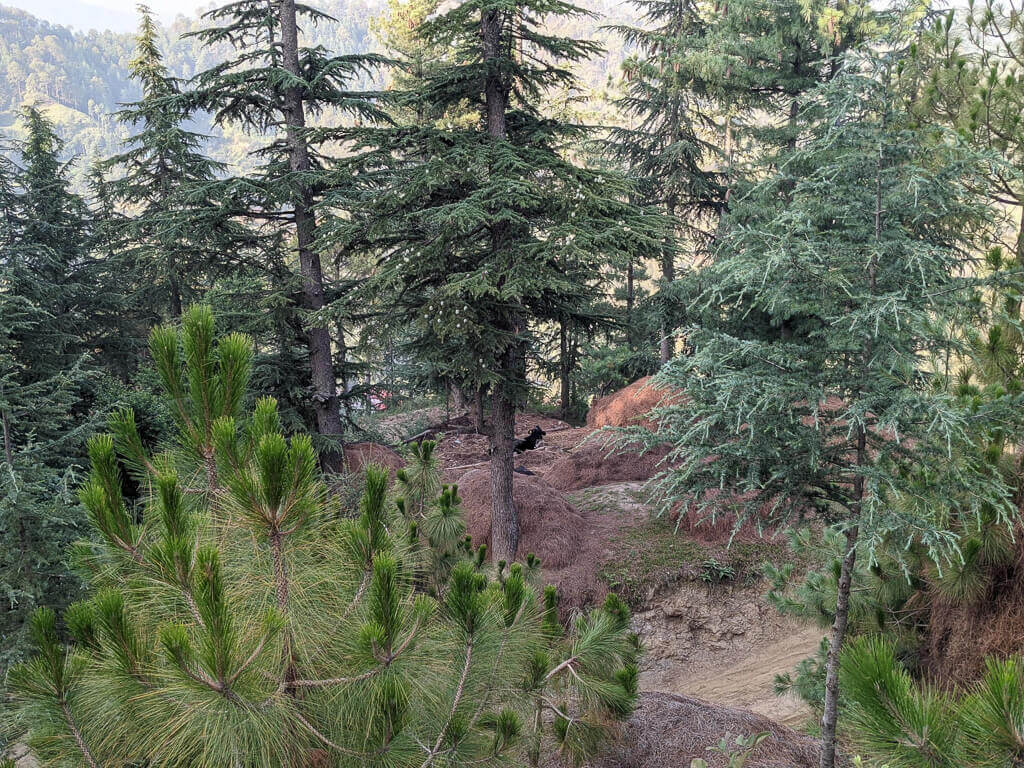
Having been in Himachal for two months I knew in the village many questioning eyes would turn towards me, all of whom would wonder what this grown woman without bangles, bindi, or a scarf on her head was doing in their village. I avoided the homes, went further onto the path, and took a shortcut back up inside the guesthouse gate. After a quick lunch with friends traveling in Himachal who joined us in Chindi, I plonked in the plush grass near the gate and wrote. Though guests didn’t come that way, locals stared at me as they walked on. Through the accommodation they took a shortcut to the main road behind it.
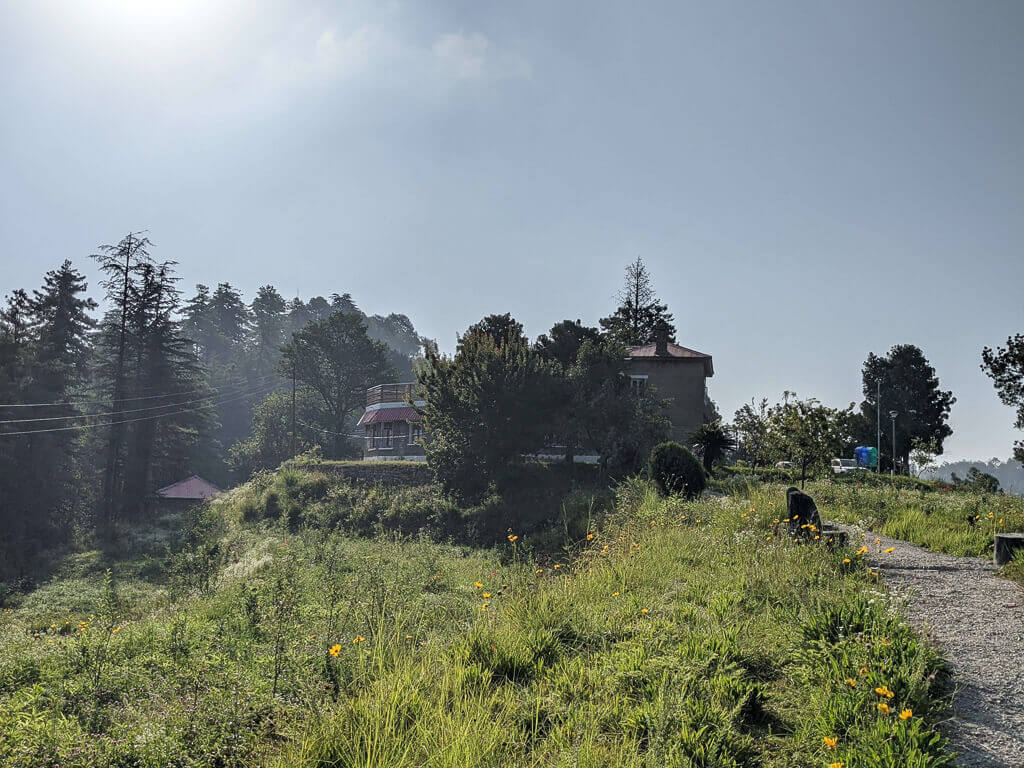
At dinner, we couldn’t find the locals-recommended eatery that served a set menu, so S and I went to the restaurant where I had lunch. We walked back to the guesthouse in dark. Even at seven pm, millions of stars sparkled in the sky. The forest around Chindi village was dense and ancient. Looking at the twinkling stars above and the village lights below, I wondered about the life there, about growing apples, rearing cows and sheep, and raising children.
Though the night ended at eleven with friends and local cherry wine (we had bought in Pangna village), the next morning started at six. I took S on the same jungle path out of the gate. We took the village road and came across a woman and her three little children next to the pyramid of pine needles. She held a sickle. Years ago when a friend had asked the way from a Himalayan man hunched on the roadside, seeing the man turn around with a sickle in his hand, my friend had fled grabbing me along. But now I could tell that like most village women the mother of three was on her way to cut grass for her cattle.
After enquiring about our origin and if we stayed in the guesthouse, the woman called us home, keeping up the warm hospitality popular of her state. I knew she was bound in the convention but occupied, and so we said, “We will come later, for you have to work now.” She nodded and went along, her little children trailing behind her turning often to see us.
Soon the way turned into a frail path leading into a thicket of trees and the apple gardens beyond. Behind the fields, only silhouettes of homes could be seen. “What are you doing here?” A voice came. “We are just walking around,” I replied loudly before spotting the man in the apple orchard on our left. With a large machine on his back, he sprayed pesticide on the apple trees. The gardener wanted to know if we were liking his village. We said we were.
We retraced our way, and the orchard owner, who had finished his job, walked past us, scrutinizing us both with his piercing eyes. He was old and sinewy but we could tell he was strong. Not that he was going to do anything. But he looked as if deciding whether to like us or not. Only after asking us again if we liked his village, he went ahead.
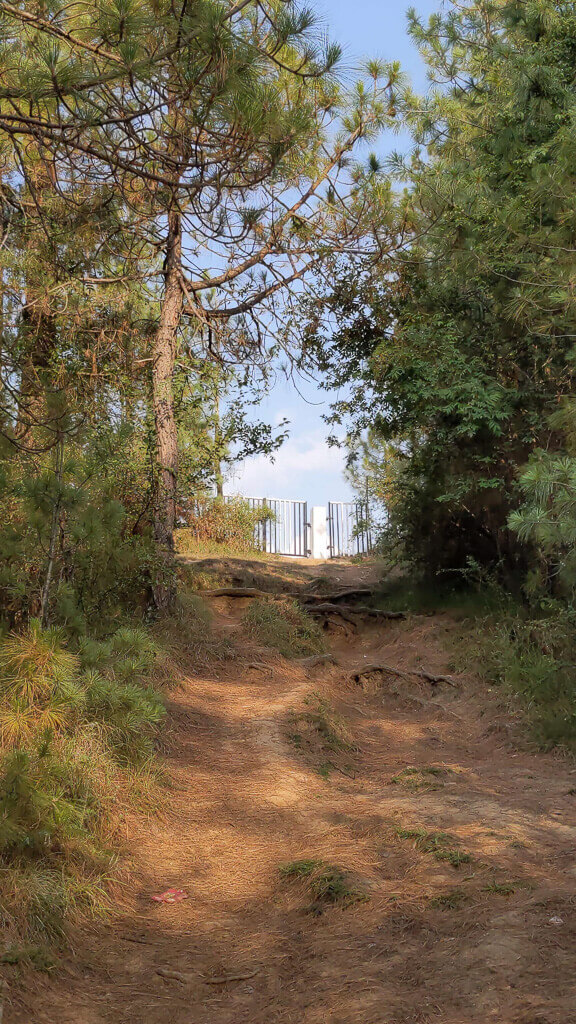
That day went in eating at local eateries and writing in the pine hills. Irrespective of how much S and I had to clamber up rocks clutching bushes, we could always find paths and pine-needle carpeted shadow spots to sit upon and work mindfully. While driving back from dinner, the night stars of the valley shone below and the cosmic stars above. S said he felt we were flying. Maybe we were.
The next morning, I found the three children from the previous day on the benches of the guesthouse garden. Their mother was pulling out the weeds blooming yellow, white, and red from the lawns. Perhaps the woman was paid for the work but my guess was that she could bring the feed home for her cattle. That discarded weed was her payment.
The children—two bigger girls and one younger boy—were a sweet lot. Golden-haired and strawberry-cream-complexioned with bright clear eyes, all three of them so short and thin that when the eldest said she was twelve and her sister ten and brother six, I didn’t believe her. The girls’ hair had been made into French braids and they could have been from anywhere in Europe if only they were not speaking Hindi. The sisters were in the matching school dress: checkered red-white long shirt and trousers (the popular Indian dress of salwar kameez). When I asked about school, they said in unison that by watching classes on the phone they got headaches. The boy couldn’t even say the first alphabets of Hindi, and that was a curse of the Coronavirus. We were in 2021; after staying open for a couple of months, the schools had shut again in the wake of the second wave that crumpled India. The spike in the cases passed but the schools didn’t reopen.
I asked the kids if they wanted peaches. They told me they had apple trees but not peaches and trusted me to figure out. I got four peaches from the kilos I plucked in the Gagal village of Shimla where we stayed for three weeks. All the golden peaches had been gobbled by me so the ones I gave to the children were not fully ripe but the boy bit into the one he got immediately. The middle girl also did the same when her curiosity took over her shyness. Unwashed was how I would eat the fruits, too, when S was not looking.
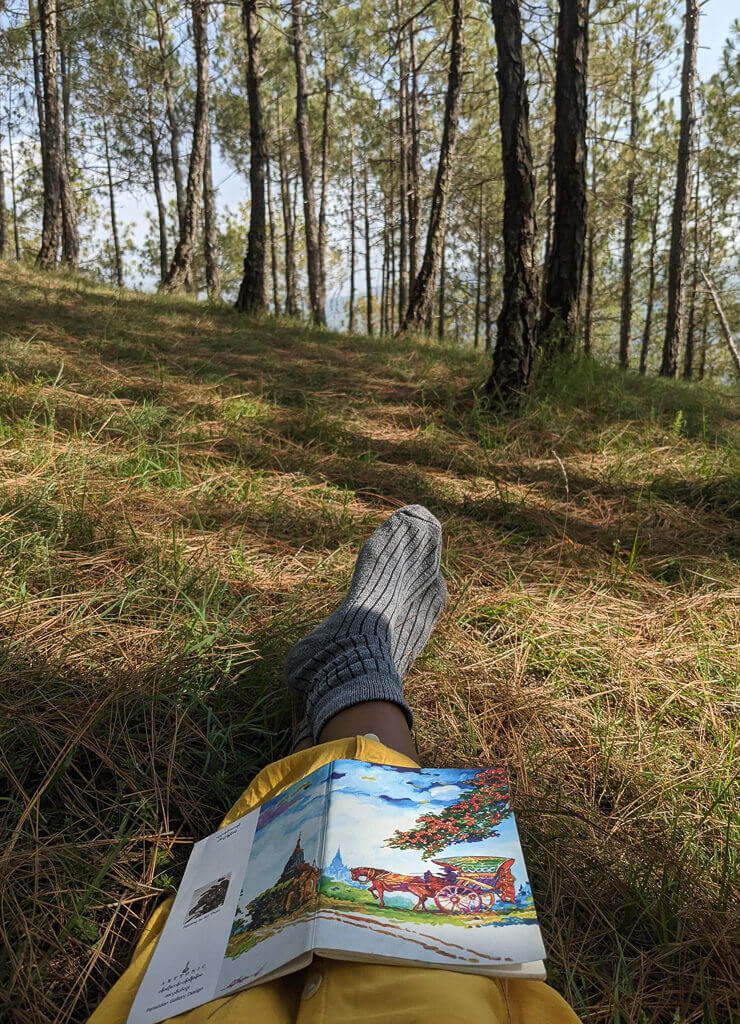
In the afternoon, as I walked back to the guesthouse from the lee of pine trees where I had been writing I heard voices ahead. Two teenage girls sat giggling on the concrete edge of the waterhole and around them gamboled those three little children. The girls and the eldest of the three filled cans from the hole which after mixing with the medicine they would spray on the apple trees. The little boy ran in circles on the sloping circumference of the hole, showing them all how he didn’t fall. His sisters clucked about him saying if he fell they would have to hear from home.
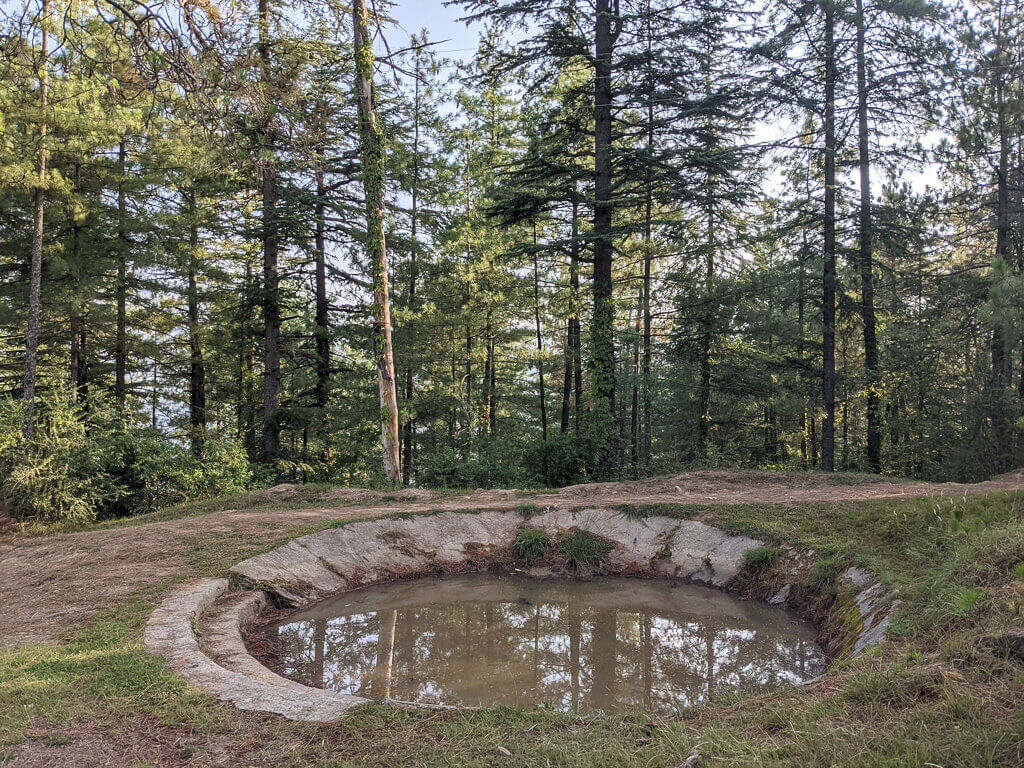
I sat next to them. And their first question was if my family allowed me to go wherever I liked.
“Once I couldn’t but now I can.” I replied.
The girls were furious at their parents, and society in general, about the privileges given to boys and men and complained about the restrictions on women. They wore salwar kameez. But the boys wore jeans and t-shirts and could have keys to the bikes early on and no one said anything to them. “We have to walk everywhere. We do all the housework, we go to school, we work in the orchard, we clean the cows. But the boys sit and eat and don’t have to do any house chores. We can’t go about freely. They don’t even let us take the cows grazing so we don’t get out of their view.” The older one said without stopping to catch her breath.
Then the younger of the two added, “If we would take a little longer they will call and ask where we are.”
We had been talking for a while. Suddenly the phone rang; the girl’s mother wanted to know what took them so long.
“You see. If a villager saw us talking to a boy after school or while we are out for some chore, he would go straight home and tell on us.”
“We are restricted and bound and cannot do anything. Soon they would just marry us off and that is our life.”
When I asked them how they would get married, they said they told their parents to choose for them. It was better that way.
I had to tell them I had been in their situation, too. Back in my hometown, my mother didn’t let me go out for anything else other than school and tuition. But then I left home to study and my parents didn’t know what I was doing. I would lie to them that I was studying or was in my room when I might be out with friends. After completing my education, I lived in big cities and earned my own money but I had to continue lying.
The girls wanted me to go to the orchard with them. But I was hungry and promised to go to their house later. Then they ran down a path thatwould take them quickly to the apple gardens.
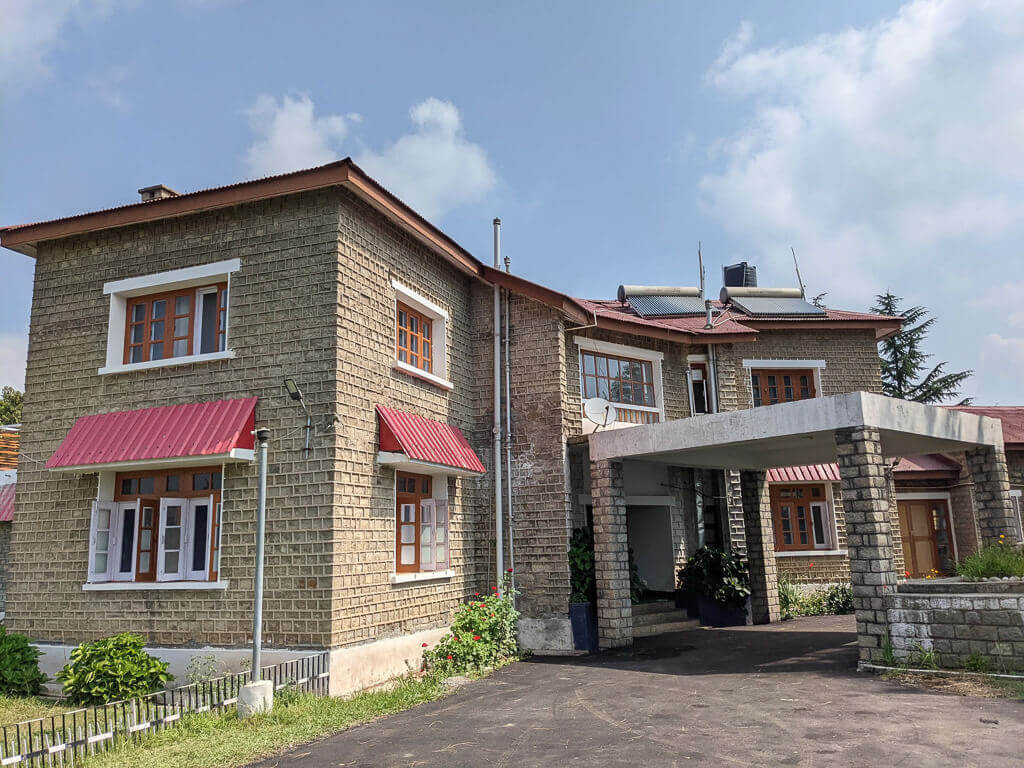
After lunch, I asked my friend Nalini to accompany me to the girls’ house. On the way, the two little kids who had bit into their peaches instantly ran along with us and were soon ahead of us. They were cousins of those girls. The house they took us to was the same one S and I had crossed before on our morning walk and on whose porch we had seen a wood-fire water heater (locally known as hamams) burning.
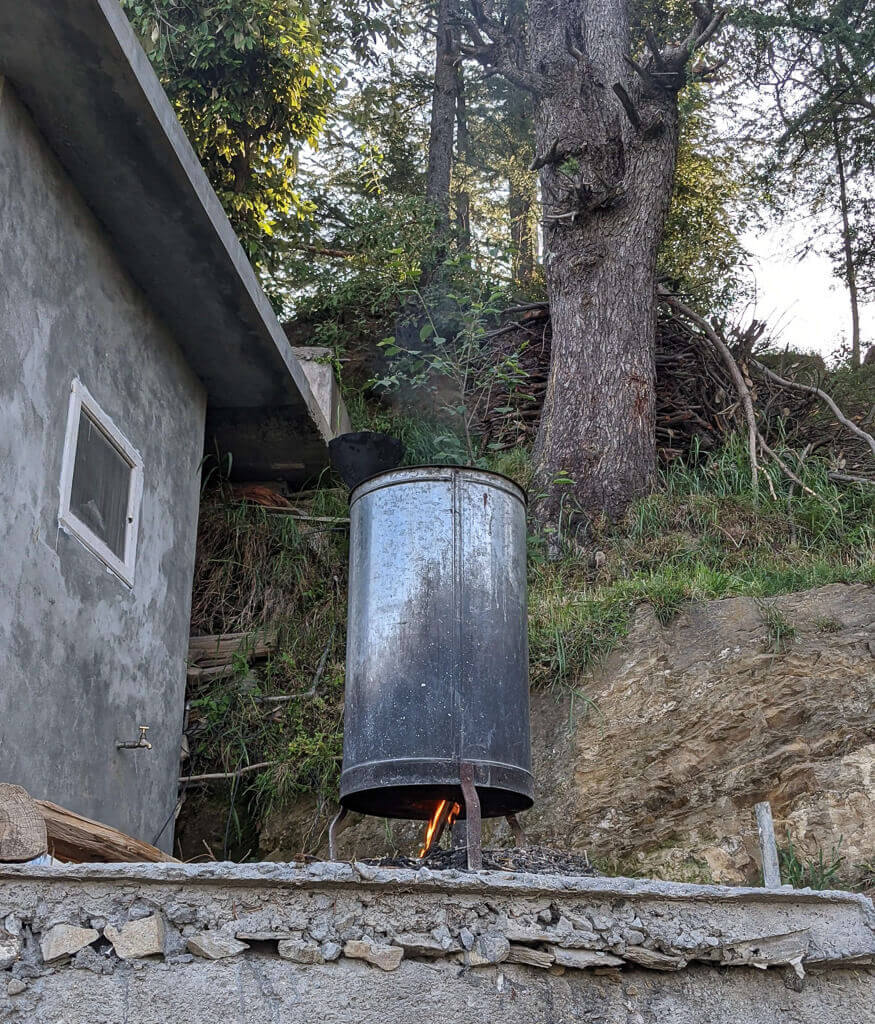
I couldn’t find the chirpy girls who had spoken to me breathlessly in the afternoon. In their places stood two obedient palimpsests of them—quiet dolls who smiled slightly and spoke only when spoken to or necessary.
We sat on the roofless concrete porch looking into the valley. The mother of the girls was away but the girls’ father and their aunt, the mother of the three little ones, sat next to us. Soon she and her three children started playing a mobile game, and I could sense that the aunt—visibly tired from her day’s work—was there to watch over the girls speaking to two city women. We couldn’t talk freely like we had in the afternoon about the cruelties of the culture we all suffered in our solitudes. I understood why the girls wanted me to accompany them to the orchard but when I had offered to go to their house they said they sleep early and made other excuses.
After a few stories of the villages and farms and cups of sugary milky tea, we bid goodbye.
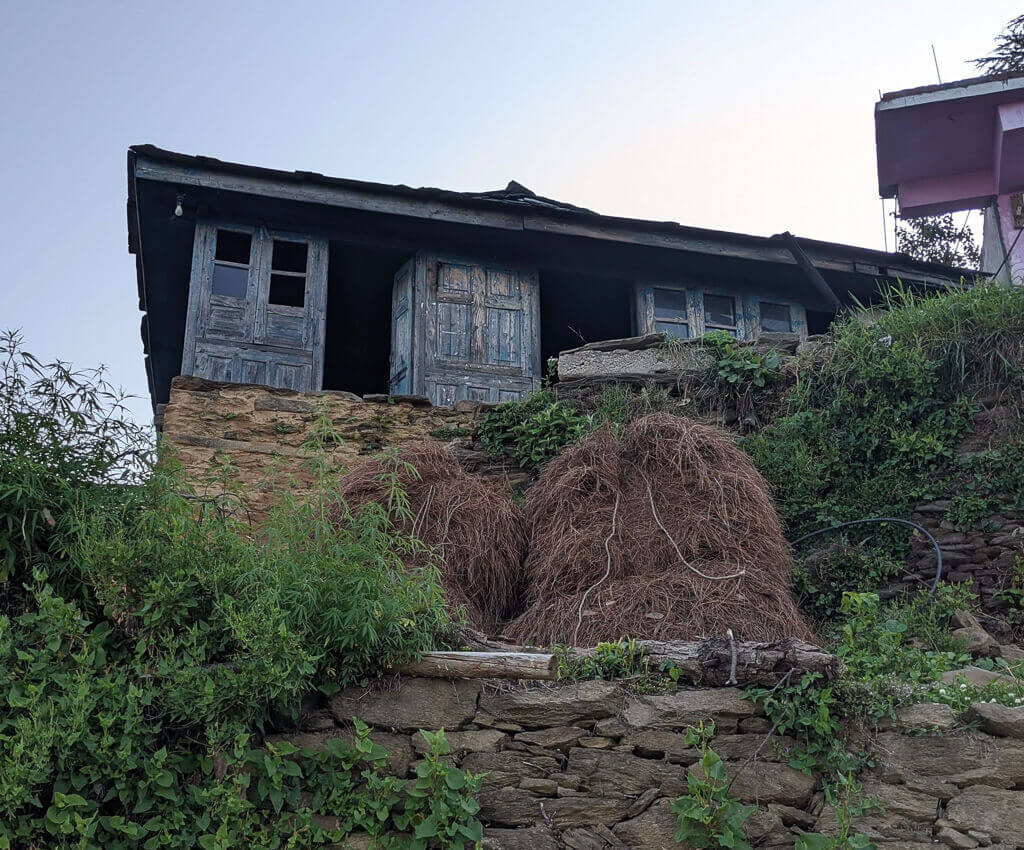
As Nalini and I walked through the sunlit forest, a pair of blue magpies fluttered about. But they were three, not two. The parents tseeped about their child whom they were teaching how to fly. We plonked down on the grass and admired them flitting between the boughs of the pine. But uncomforted by our presence, the family flew a bit away to continue their lessons.
Nalini told me about her plans to grow her family. “Are you sure you want to do this and aren’t just fulfilling others’ expectations of you?” I asked her. She said she had a lot of love to give, and, to me, she sounded convinced. I was happy that my friend was finding her way amidst the chaos of things.
The sun started to descend, and the sky filled with a pinkish hue. In the day’s last light, I was grateful for my independence, given how hard I had to fight for it. But at least I could fight. Did the girls even have the option to protest and figure out what they liked?
Was my freedom inspiring them or was I making their life more miserable to bear? But if I said I shouldn’t have shoved my independence in their faces wouldn’t I be saying that we shouldn’t publish news from first-world countries in the poor ones, shouldn’t watch people dancing on the television from behind bars, and shouldn’t travel when most can’t?
I take pride in being there with those girls who humbly shared their life with me and who would look at me and think, “Look at her. She is so free. One can live this way, too. Perhaps one day we would.” Even if they wouldn’t be completely free, they would have seen the flame of freedom burning in others’ eyes. And a spark from it lands in the pit of your stomach too and never settles. I can tell because I have been burning in the fire that it blew up into for decades.
We all live by the rules of our land. Even in defying them, we are bounded by them. But when we don’t think of the rules and do what seems natural to us—or as Virginia Woolf says follow the frail light that comes from within us—we carve our path amidst the jungle of this world. Life is too precious to be thrown away in resignation, resentment, or retaliation. So we let them be and we do what we would have done if no one was looking. No matter what, none can stop a star from shining and the caged bird from singing.
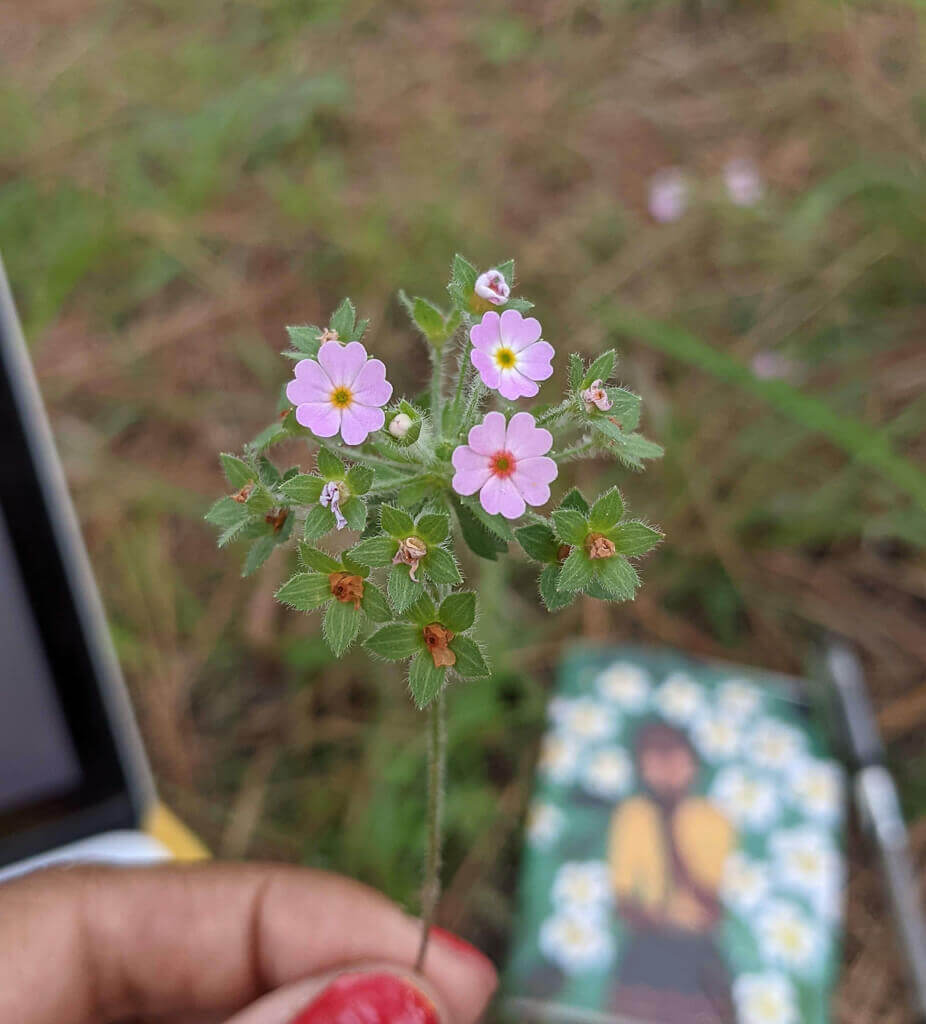
Please note: Names have been changed for anonymity.
Also to note: We later found that local-recommended dhaba, too.
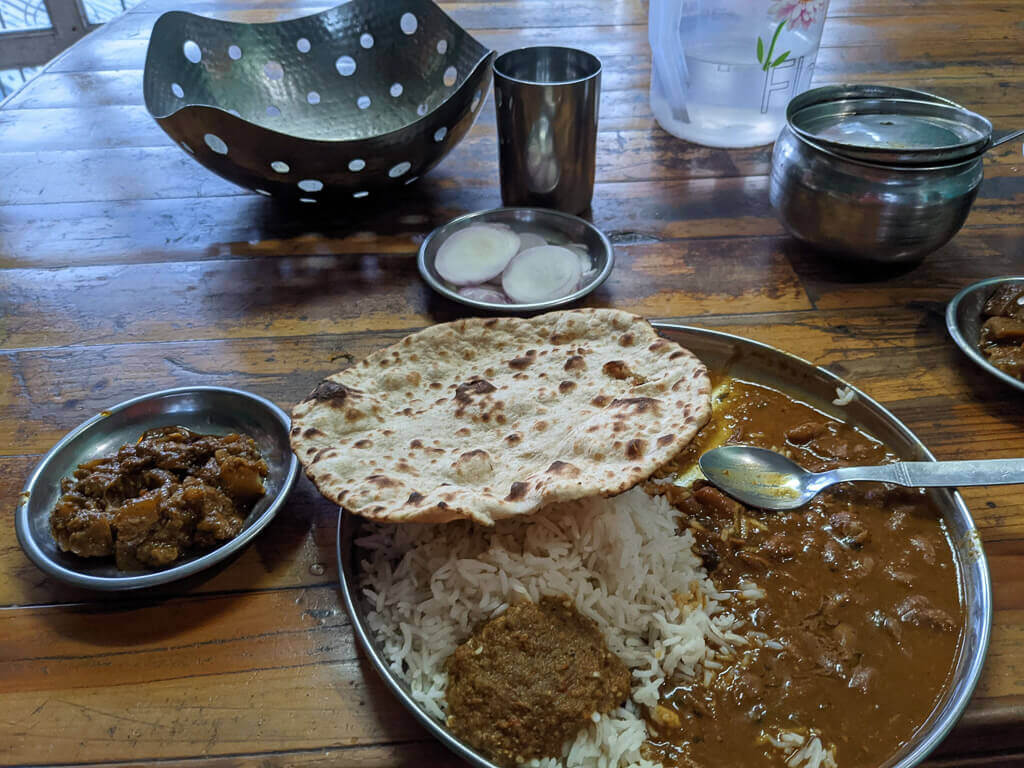
What do you think those Himalayan girls should do?
*****
*****
Want similar inspiration and ideas in your inbox? Subscribe to my free weekly newsletter "Looking Inwards"!

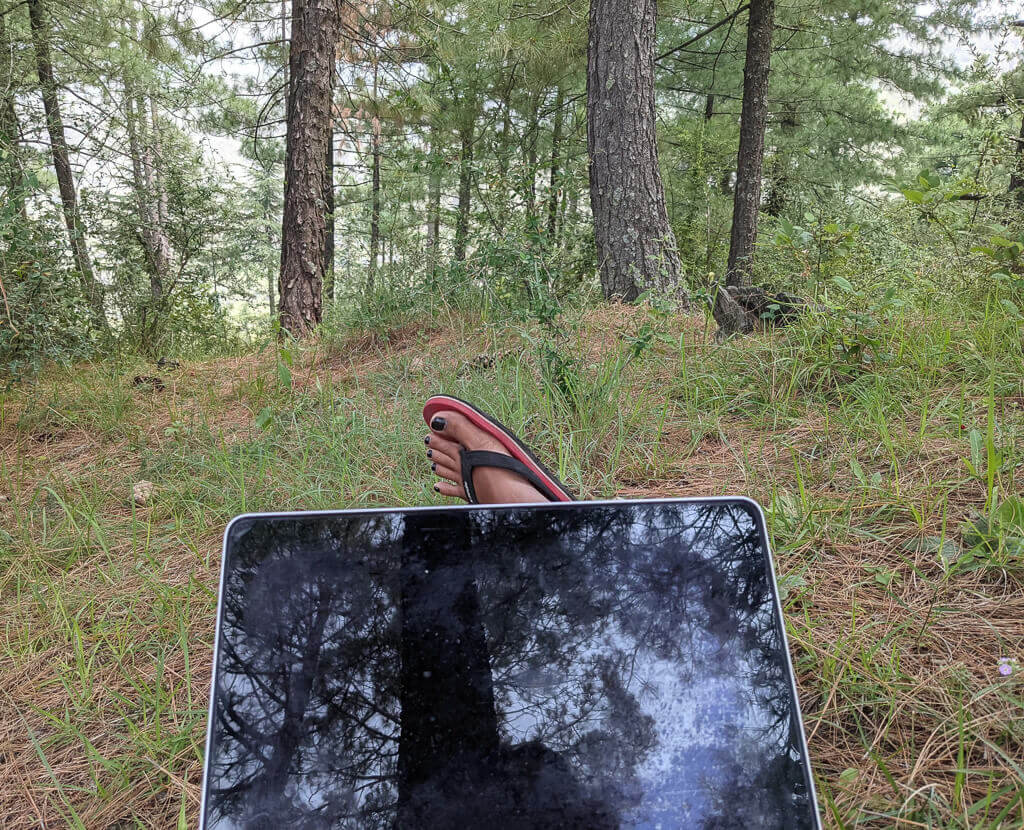
The way you have explained your experience in Himachal Pradesh is awesome. I could imagine how the locals would have seen the new comers at their place. However, living in our ways adds more comforts to our lives and hopefully those staring residents of himachal pradesh will also understand this.